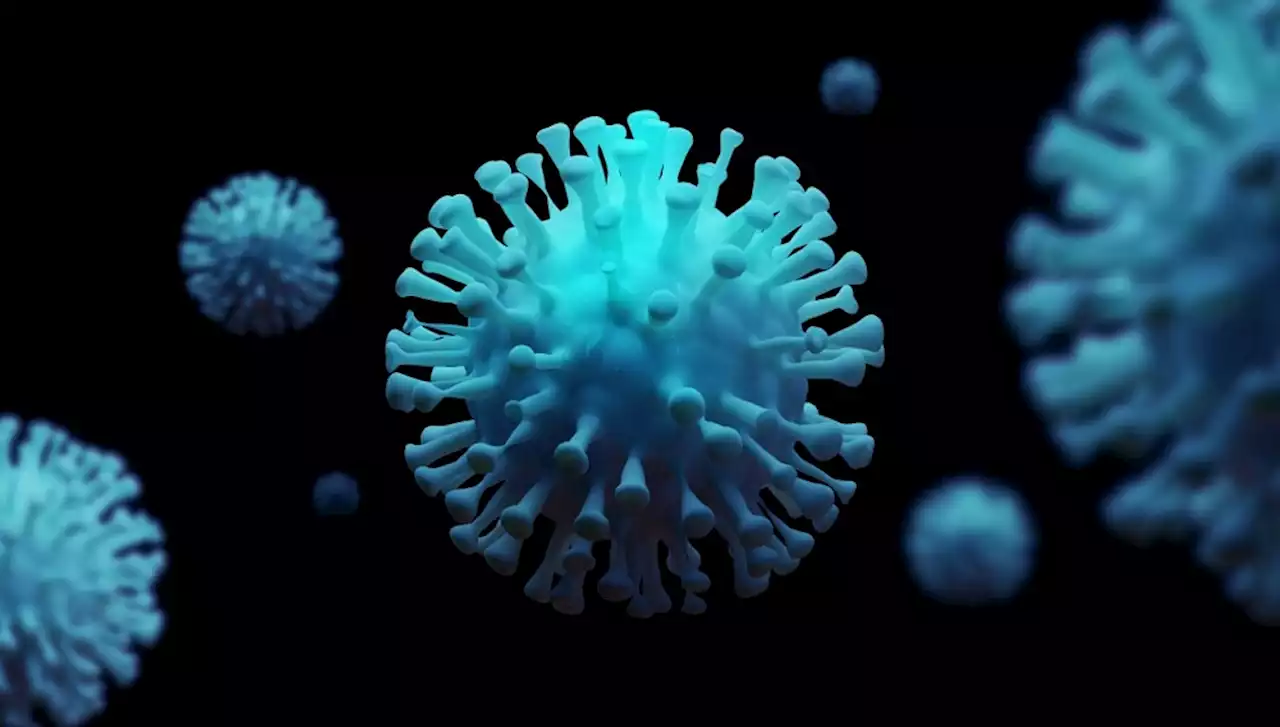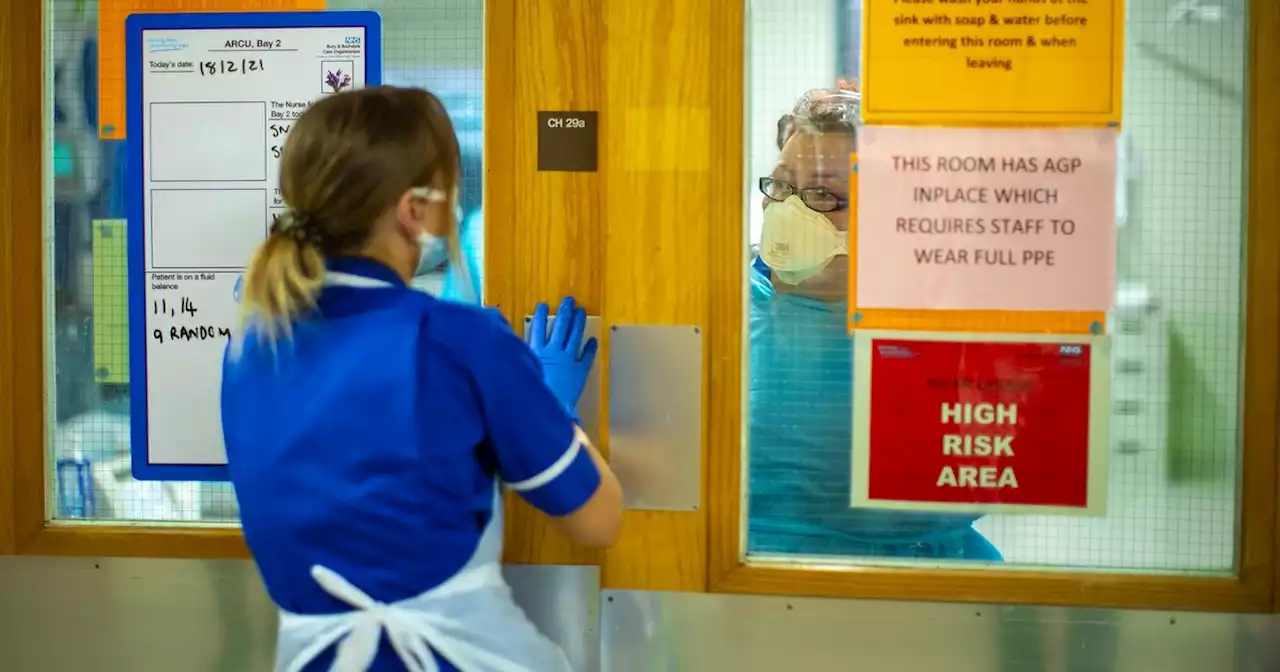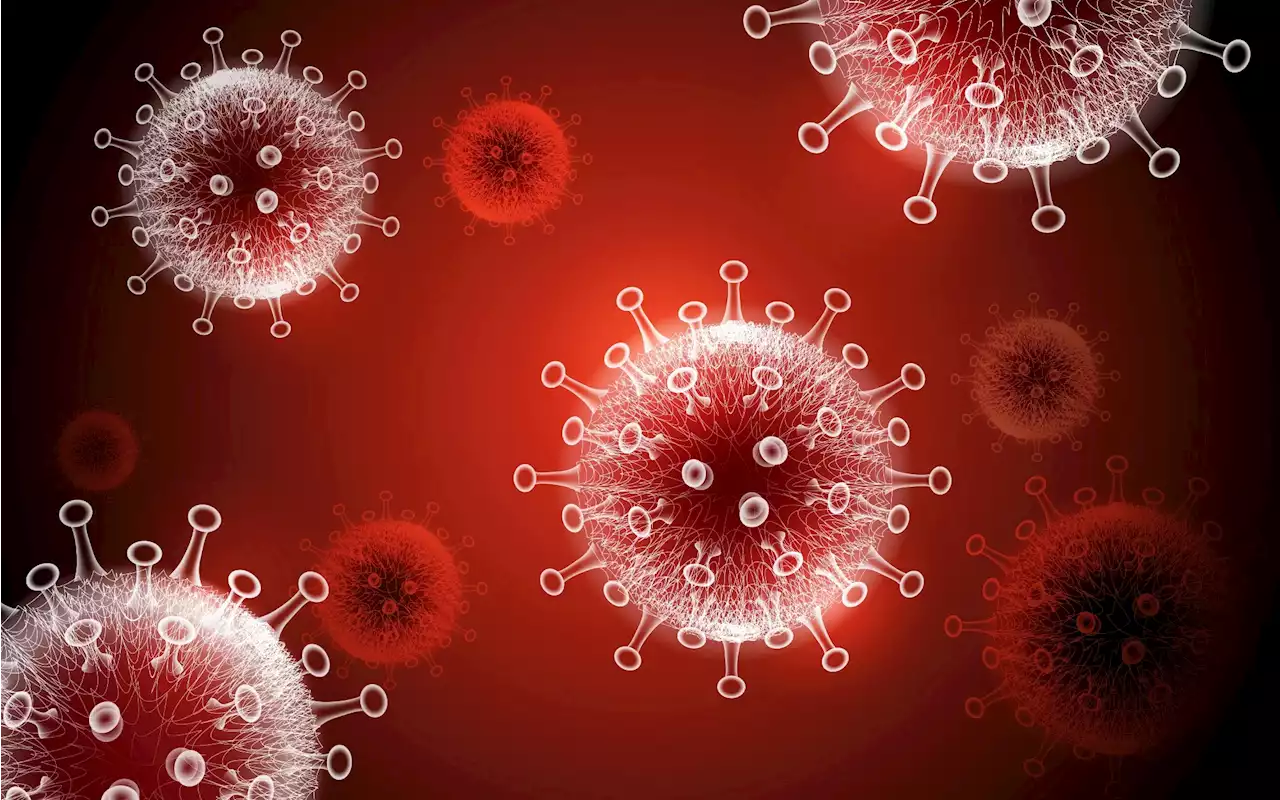Multiomic comparison shows a reduction in circulating monocytes correlated with persistent post-COVID-19 pulmonary fibrosis medrixvpreprint UVA SARSCoV2 COVID19 PulmonaryFibrosis
By Neha MathurOct 4 2022Reviewed by Aimee Molineux In a recent study posted to the medRxiv* server, researchers identified distinguishing immune features of coronavirus disease 2019 in patients with late-resolving pulmonary fibrosis and early-resolving .
About the study In the present study, researchers collected blood samples of a unique cohort of 14 COVID-19 convalescent patients one-month after severe acute respiratory syndrome coronavirus 2 infection. These patients had persistent fatigue, dyspnea, and early signs of PF observed via imaging and abnormal pulmonary function tests .
Study findings Related StoriesOne of the first important study observations was that the circulating monocytes reduced markedly in LR COVID PF patients compared to ER COVID PF and non-diseased IPF controls. In addition, the cluster of differentiation 8+ T cells of LR COVID PF patients upregulated the expression of major histocompatibility class II molecules. Conversely, they downregulated their monocyte abundance, as observed during the differential gene expression analysis.
Brasil Últimas Notícias, Brasil Manchetes
Similar News:Você também pode ler notícias semelhantes a esta que coletamos de outras fontes de notícias.
Waning of vaccine effectiveness against moderate and severe covid-19 among adults in the US from the VISION network: test negative, case-control studyObjective To estimate the effectiveness of mRNA vaccines against moderate and severe covid-19 in adults by time since second, third, or fourth doses, and by age and immunocompromised status. Design Test negative case-control study. Setting Hospitals, emergency departments, and urgent care clinics in 10 US states, 17 January 2021 to 12 July 2022. Participants 893 461 adults (≥18 years) admitted to one of 261 hospitals or to one of 272 emergency department or 119 urgent care centers for covid-like illness tested for SARS-CoV-2. Main outcome measures The main outcome was waning of vaccine effectiveness with BNT162b2 (Pfizer-BioNTech) or mRNA-1273 (Moderna) vaccine during the omicron and delta periods, and the period before delta was dominant using logistic regression conditioned on calendar week and geographic area while adjusting for age, race, ethnicity, local virus circulation, immunocompromised status, and likelihood of being vaccinated. Results 45 903 people admitted to hospital with covid-19 (cases) were compared with 213 103 people with covid-like illness who tested negative for SARS-CoV-2 (controls), and 103 287 people admitted to emergency department or urgent care with covid-19 (cases) were compared with 531 168 people with covid-like illness who tested negative for SARS-CoV-2. In the omicron period, vaccine effectiveness against covid-19 requiring admission to hospital was 89% (95% confidence interval 88% to 90%) within two months after dose 3 but waned to 66% (63% to 68%) by four to five months. Vaccine effectiveness of three doses against emergency department or urgent care visits was 83% (82% to 84%) initially but waned to 46% (44% to 49%) by four to five months. Waning was evident in all subgroups, including young adults and individuals who were not immunocompromised; although waning was morein people who were immunocompromised. Vaccine effectiveness increased among most groups after a fourth dose in whom this booster was recommended. Conclusions Effecti
Consulte Mais informação »
 Study reveals immune characteristics of long-COVIDStudy reveals immune characteristics of long-COVID Coronavirus COVID19 LongCOVID Rheumatology PASC ragoninstitute BrighamWomens MassGeneralNews MIT medrxivpreprint
Study reveals immune characteristics of long-COVIDStudy reveals immune characteristics of long-COVID Coronavirus COVID19 LongCOVID Rheumatology PASC ragoninstitute BrighamWomens MassGeneralNews MIT medrxivpreprint
Consulte Mais informação »
 Nursing home study shows 4th COVID mRNA dose provides extra protection against severe Omicron outcomesNursing home study shows 4th COVID mRNA dose provides extra protection against severe Omicron outcomes Nursing Omicron Coronavirus Disease COVID medrxivpreprint PublicHealthON UofT McMasterU UHN medrxivpreprint
Nursing home study shows 4th COVID mRNA dose provides extra protection against severe Omicron outcomesNursing home study shows 4th COVID mRNA dose provides extra protection against severe Omicron outcomes Nursing Omicron Coronavirus Disease COVID medrxivpreprint PublicHealthON UofT McMasterU UHN medrxivpreprint
Consulte Mais informação »
 Vaccinated individuals infected with Omicron less likely to experience long COVID symptomsVaccinated individuals infected with Omicron less likely to experience long COVID symptoms Coronavirus Disease COVID Omicron Vaccine LongCOVID UZH_en USI_university medrxivpreprint
Vaccinated individuals infected with Omicron less likely to experience long COVID symptomsVaccinated individuals infected with Omicron less likely to experience long COVID symptoms Coronavirus Disease COVID Omicron Vaccine LongCOVID UZH_en USI_university medrxivpreprint
Consulte Mais informação »
 Covid hospital admissions rise 50 per cent in a week fuelling 'new wave' fearsThe number of patients in hospital with covid has risen sharply for the first time since the peak of the last wave
Covid hospital admissions rise 50 per cent in a week fuelling 'new wave' fearsThe number of patients in hospital with covid has risen sharply for the first time since the peak of the last wave
Consulte Mais informação »
